10 GPTs for Book Selection Powered by AI for Free of 2026
AI GPTs for Book Selection are advanced AI tools built upon the Generative Pre-trained Transformer technology, designed to assist in selecting books. These tools analyze vast amounts of data, understand user preferences, and provide personalized book recommendations. They leverage natural language processing to interpret queries, review literary content, and identify patterns in reader interests, making them invaluable for navigating the expansive world of literature. Their role is to simplify the process of finding books that match specific tastes or learning needs, bridging the gap between readers and the books that will most engage, inform, or entertain them.
Top 10 GPTs for Book Selection are: Book Club Cheat-Sheet,Bookmate,Direct GPT,위키북스 도서 정보,BookBuddy,Book Club,📚✨ Book Club Marathon Mentor GPT 🎉🏆,Book Guru,Book Insight Guru,📚✨ Enlightened Readers' Assistant 🧐📖
Book Club Cheat-Sheet
Effortless book club preparation, powered by AI.

Bookmate
Discover books you'll love with AI-powered recommendations.
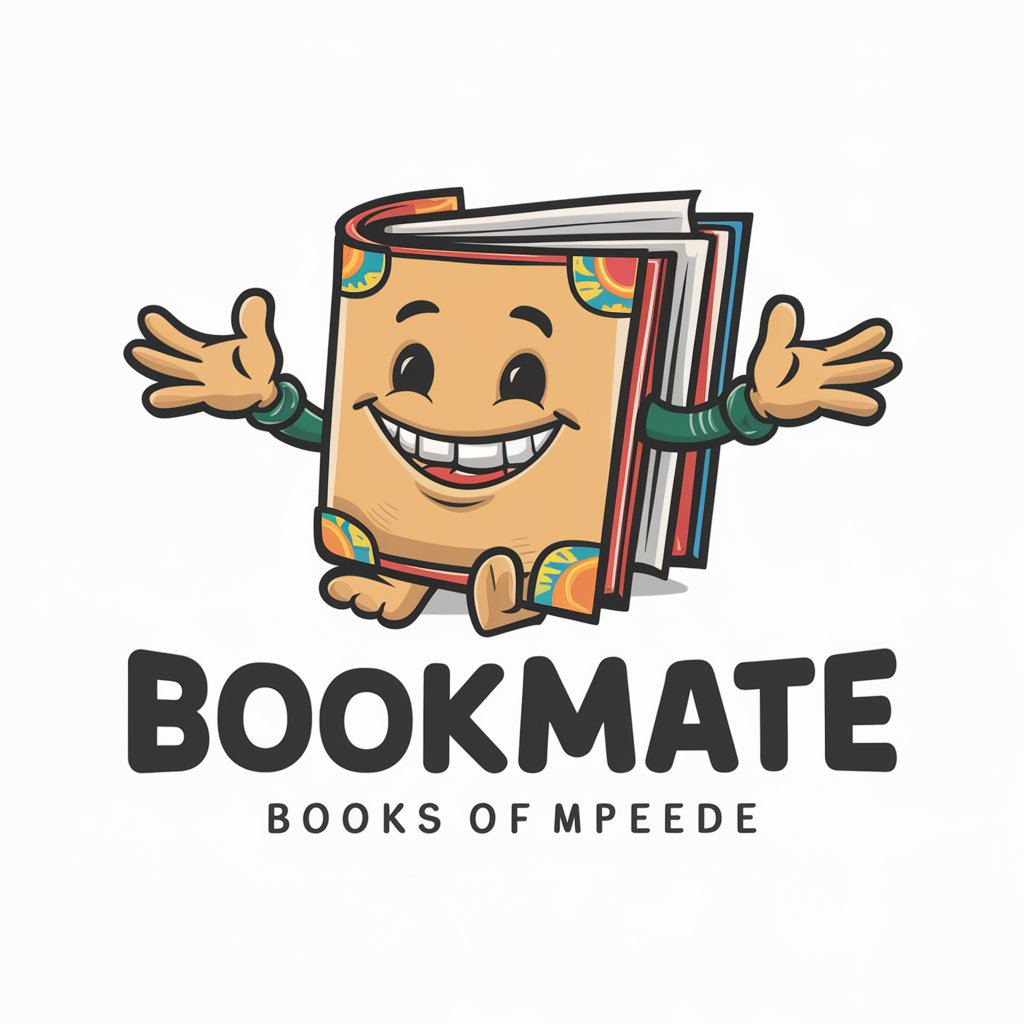
Direct GPT
Simplify Choices with AI-powered Suggestions
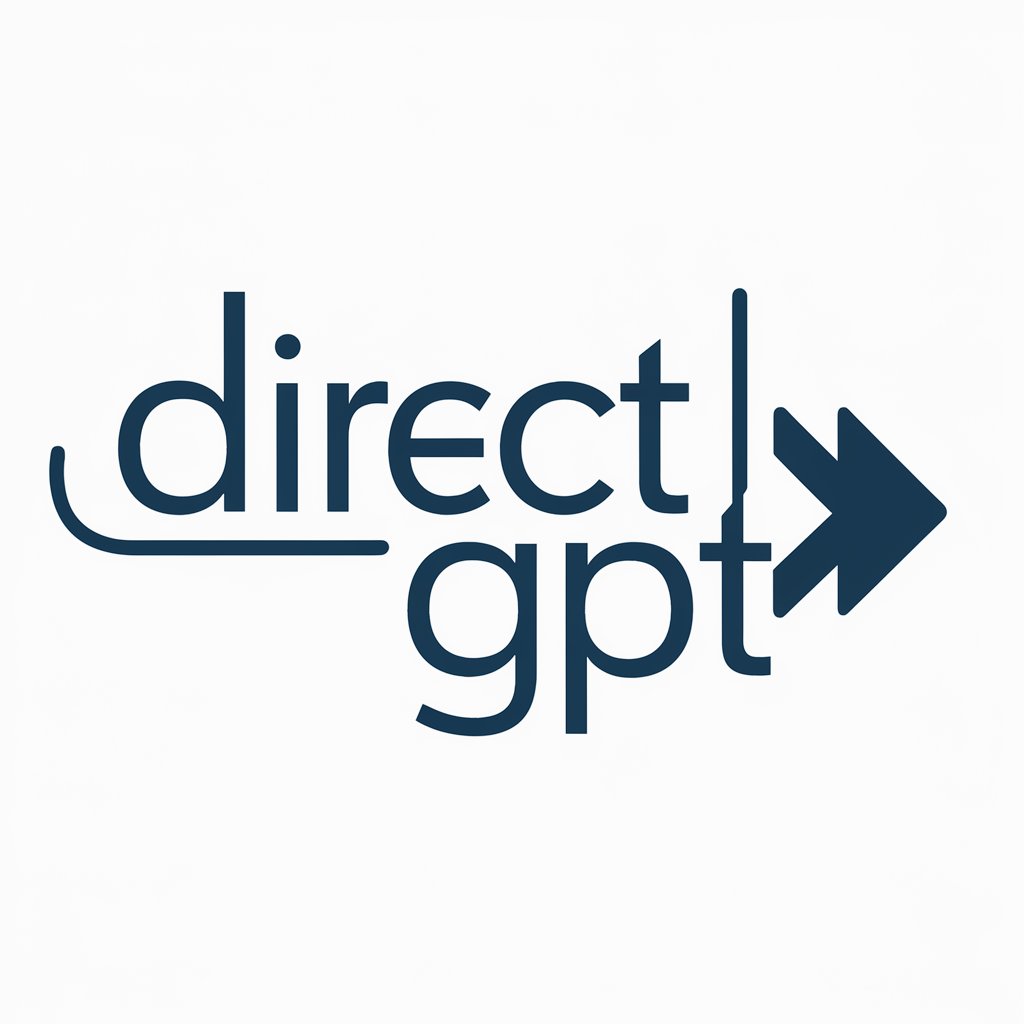
위키북스 도서 정보
Empowering your reading journey with AI
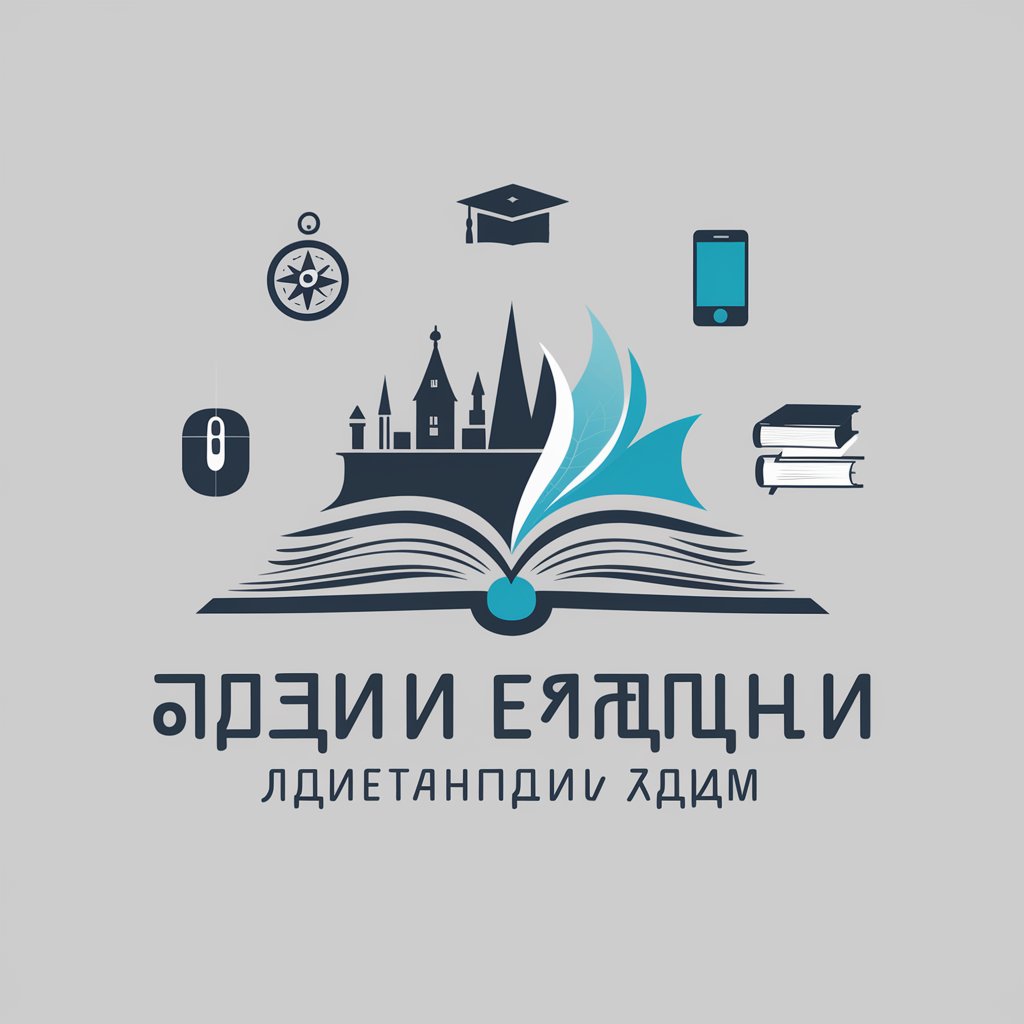
BookBuddy
Illuminate Your Reading with AI

Book Club
Fostering Lively Literary Conversations with AI
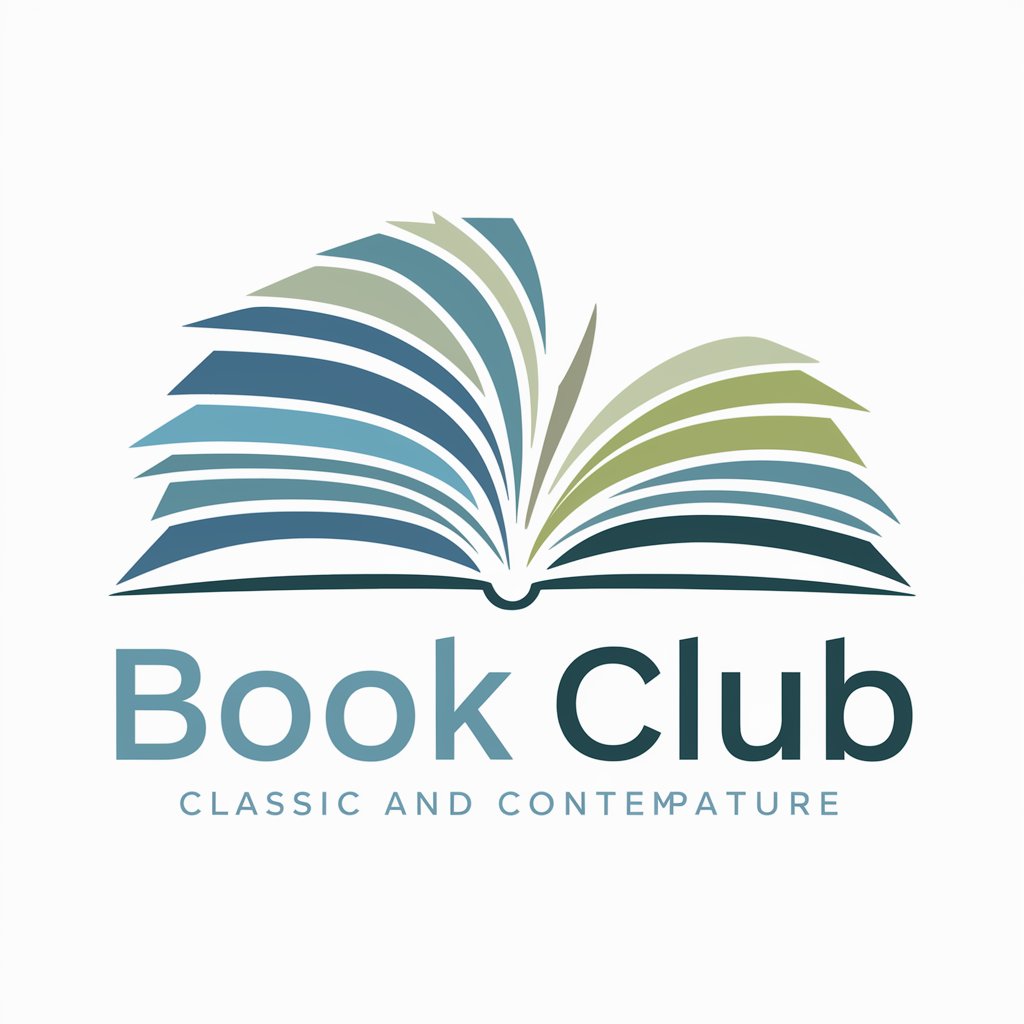
📚✨ Book Club Marathon Mentor GPT 🎉🏆
Elevate your book club with AI-powered insights.
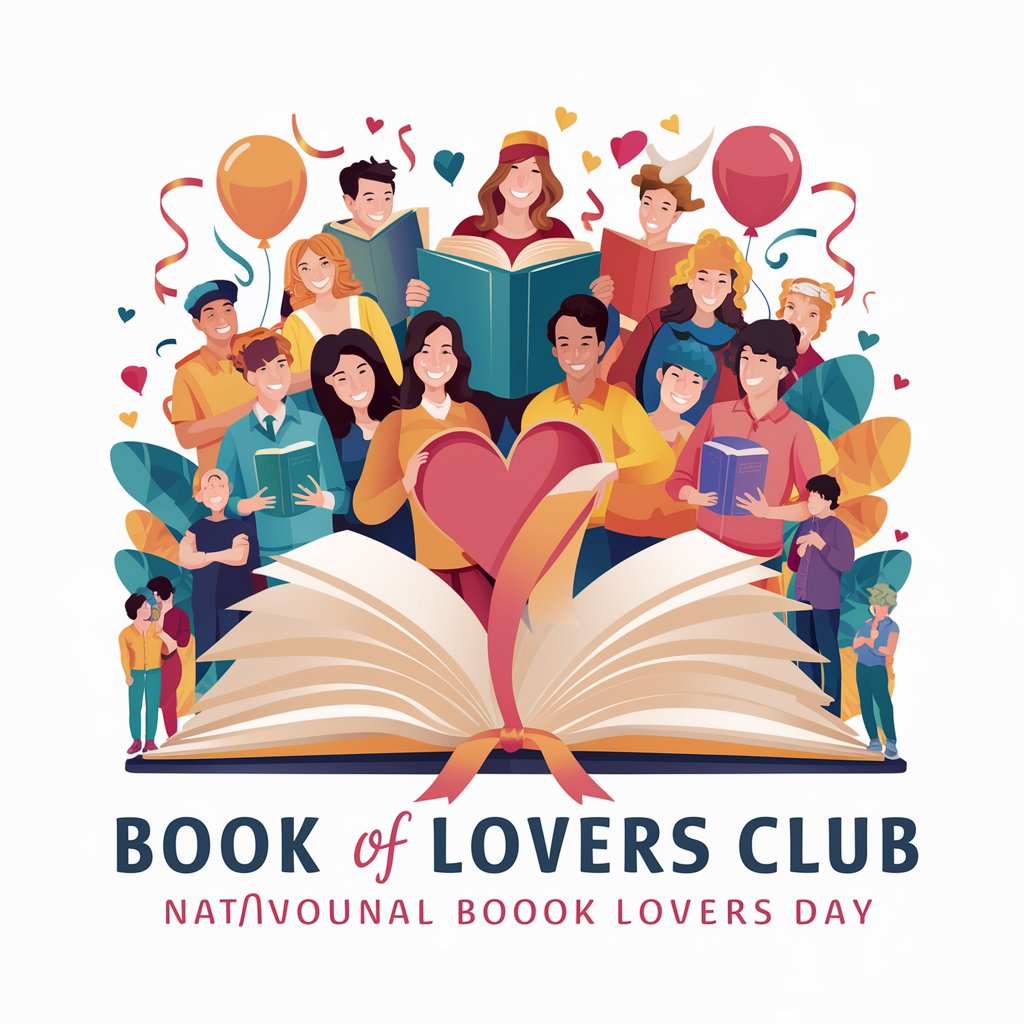
Book Guru
Empowering Readers with AI-driven Insights
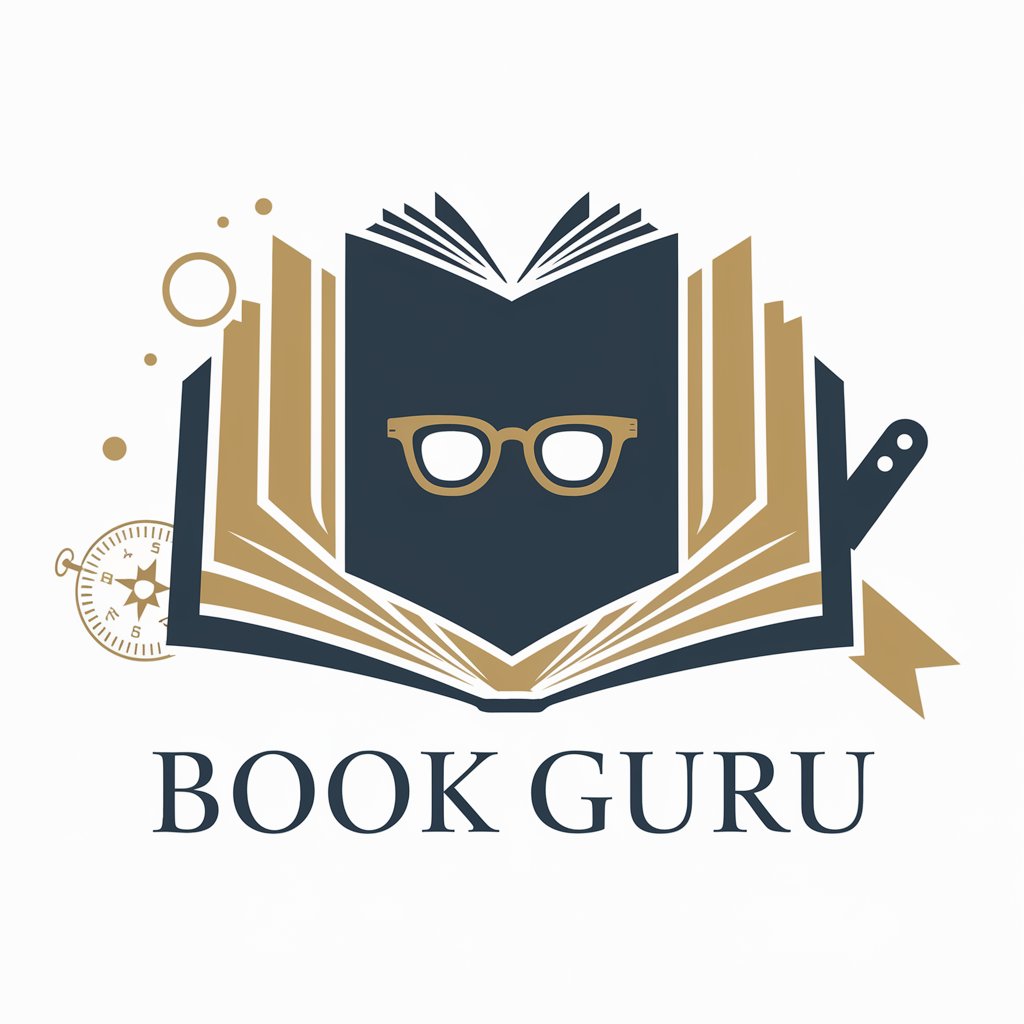
Book Insight Guru
Empowering Reading with AI
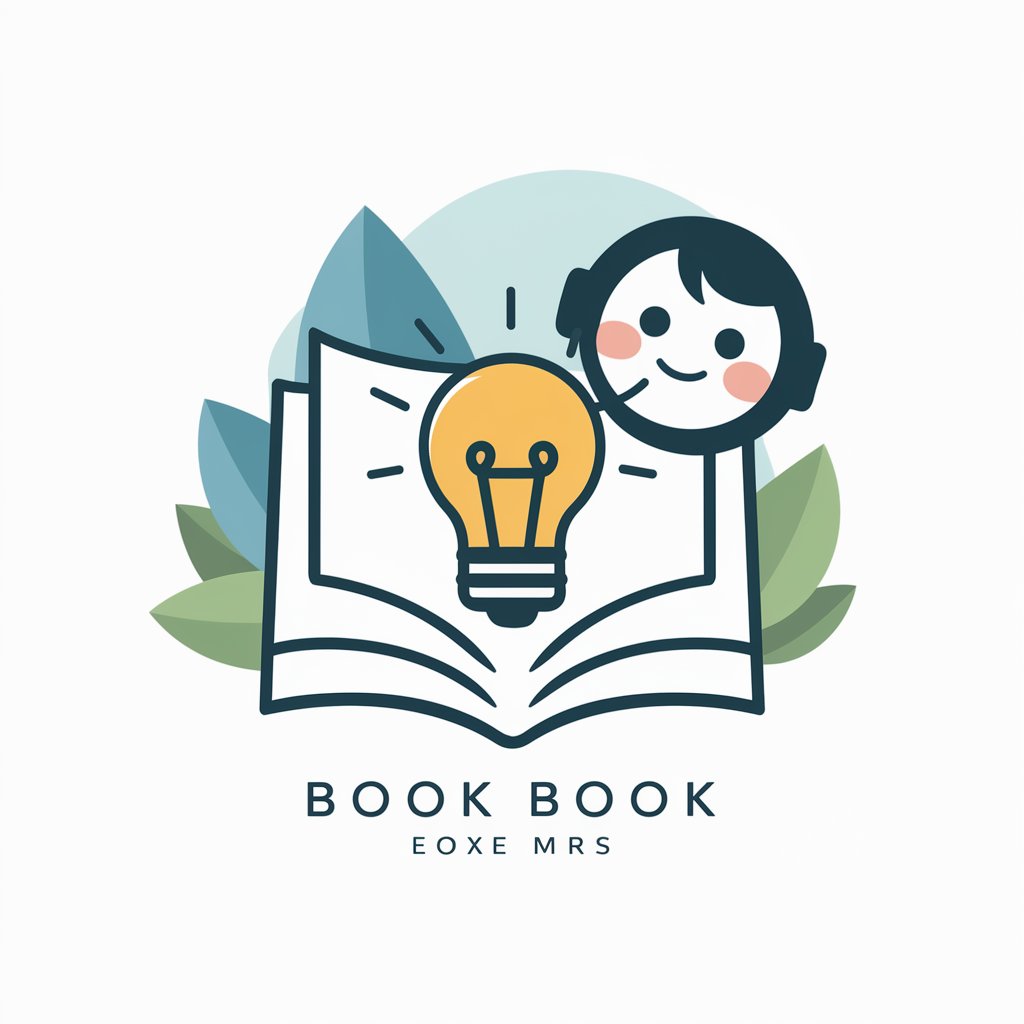
📚✨ Enlightened Readers' Assistant 🧐📖
Empower Your Book Club with AI
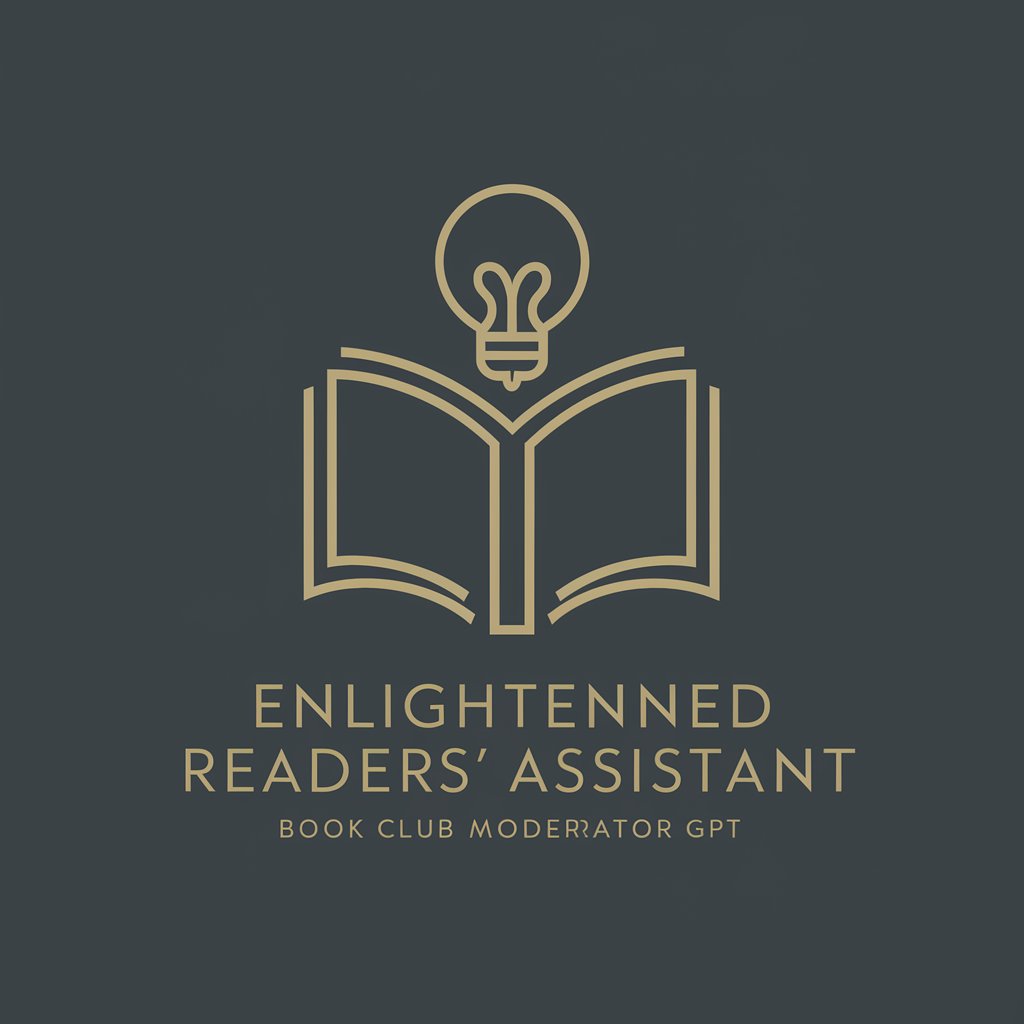
Key Attributes and Functions
AI GPTs for Book Selection come equipped with a range of features tailored for the literary domain. These include deep learning algorithms capable of understanding nuanced user preferences, language models trained on diverse literary genres for accurate recommendations, and the ability to process user feedback to refine future suggestions. Special features may encompass language learning aids, technical support for literature research, web searching for reviews and summaries, image creation for visualizing book covers or themes, and data analysis tools for identifying reading trends.
Who Benefits from Book Selection AI?
The primary users of AI GPTs for Book Selection include book lovers seeking personalized recommendations, authors researching market trends, publishers aiming to understand reader preferences, and educators looking for appropriate reading materials. These tools are accessible to novices without coding skills, offering simple interfaces for easy interaction. Simultaneously, they provide APIs and customization options for developers and professionals who wish to integrate these tools into larger projects or workflows.
Try Our other AI GPTs tools for Free
Decade Diving
Explore the depths of decades past with AI GPT tools designed for Decade Diving. Dive into history, culture, and technology through tailored AI insights and content.
Network Setup
Discover how AI GPTs for Network Setup revolutionize network management with automated solutions, offering ease of use for novices and customization for professionals.
Evidence-Based Practice
Explore AI GPT tools designed for Evidence-Based Practice, offering customizable, efficient solutions for data-driven decision making across various fields.
Expression Understanding
Discover AI GPTs for Expression Understanding, your gateway to interpreting human expressions with unparalleled accuracy. Revolutionize communication and emotional analysis with advanced AI technology.
Positive Parenting
Discover AI GPT tools for Positive Parenting: innovative, user-friendly solutions for effective parenting strategies and child development, adaptable to various needs and skills.
Parental Well-being
Discover how AI GPTs for Parental Well-being can transform parenting with tailored advice and support, designed for parents and guardians at any stage.
Expanding the Horizon with AI in Literature
AI GPTs for Book Selection exemplify how customized AI solutions can revolutionize sectors like literature, providing more than just recommendations. They offer insights into reading habits, emerging trends, and the potential for creating more engaging and diverse literary ecosystems. Their user-friendly interfaces and integration capabilities make them a versatile tool for readers, authors, and industry professionals alike.
Frequently Asked Questions
What exactly are AI GPTs for Book Selection?
AI GPTs for Book Selection are intelligent systems that use Generative Pre-trained Transformer technology to recommend books based on user preferences, literary trends, and data analysis.
How do these AI tools personalize recommendations?
They analyze user queries, previous selections, and reviews to understand individual preferences and suggest books that match specific tastes.
Can these tools help with finding academic texts?
Yes, they can be tailored to search for academic and professional literature, making them useful for students and researchers.
Are there any customization options for developers?
Absolutely, developers can access APIs and programming interfaces to customize the functionality, integrate with existing systems, or develop new applications.
Do I need to be tech-savvy to use these tools?
No, these tools are designed to be user-friendly, with intuitive interfaces that do not require programming knowledge for basic use.
How can authors benefit from AI GPTs for Book Selection?
Authors can use these tools to understand market trends, reader preferences, and potential niches for their works.
Can these tools analyze trends in book genres?
Yes, they are capable of analyzing literary data to identify trending genres, themes, and reader demographics.
Is it possible to integrate these tools with libraries or bookstores?
Yes, AI GPTs for Book Selection can be integrated with library catalogues or bookstore inventories to enhance the discovery process for users.